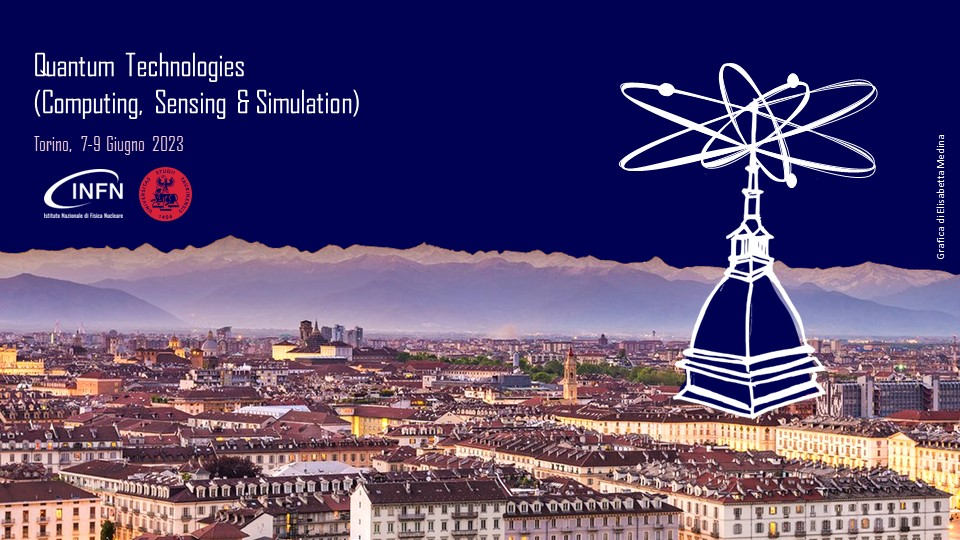Speaker
Description
Quantum resources can provide an advantage over classical schemes in many tasks. Quantum hypothesis testing aims at enhancing the discrimination among a finite set of hypotheses. In the optical domain, for example, the protocol of quantum reading demonstrated how the recovery of classical bits encoded in the cells of an optical memory can be dramatically enhanced by using entangled states in the readout. Here we show how this advantage can be achieved experimentally by means of entangled states paired with a photon counting receiver followed by a Bayesian post-processing.
Moreover, we show how the quantum sensing advantage can be sustained trough more complex domains, such as pattern recognition. We do this by analyzing the error in the classification of handwritten digits and showing that for a fixed number of readout photons there are parameter regions for which quantum resources reach an advantage of up to 4 dB in the classification over the classical case.

